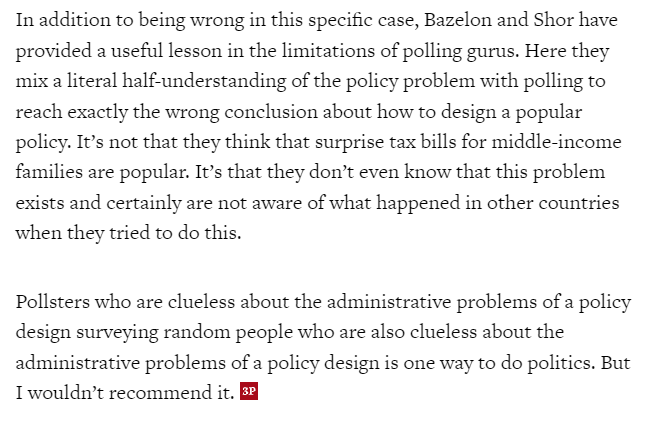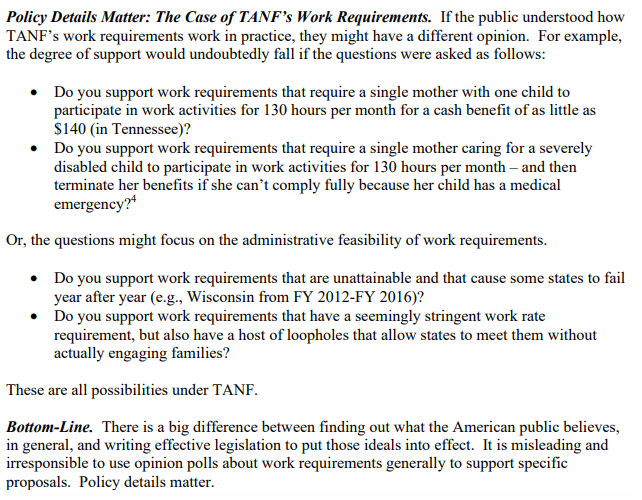
Yeah - I think this is the most important point.
https://twitter.com/SethHanlon/status/1448711152427577345
We're used to thinking about unemployment primarily with respect to business cycle/involuntary employment.
But this is point at something that is pretty different. Basically that there are some people at the margin where a small change in their incentives will drive them into or out of the labor force.
And that implies that this population was sort of ambivalent in the first place. ie, a parent weighing whether it makes financial sense to work and send the kids to daycare, or stay home with them.
That is, we're talking about people who are optimizing, and changing the incentives changes their behavior.
I think this might be a bit clearer if we think about "domestic production" vs "firm production" instead of employment/unemployment.
If we are subsidizing "firm production" some workers will move towards that. If we take it away, some will move back.
But they are making choices about what spheres to work in, given the existing trade-offs.
They aren't going to see their well being drastically reduced - we know they are optimizing!
They aren't going to see their well being drastically reduced - we know they are optimizing!
• • •
Missing some Tweet in this thread? You can try to
force a refresh







